Thiago França and José Monserrat discuss how episodic memories are coded by the hippocampus.



Thiago França and José Monserrat discuss how episodic memories are coded by the hippocampus.

The mechanisms for how bacteria break down phosphonates in order to overcome times of phosphate limitation.
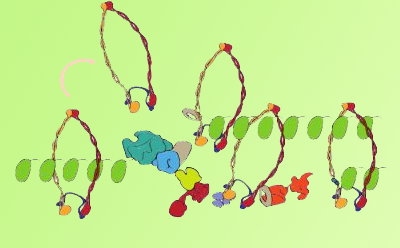
Exploring cohesin and replisome interactions during DNA replication.
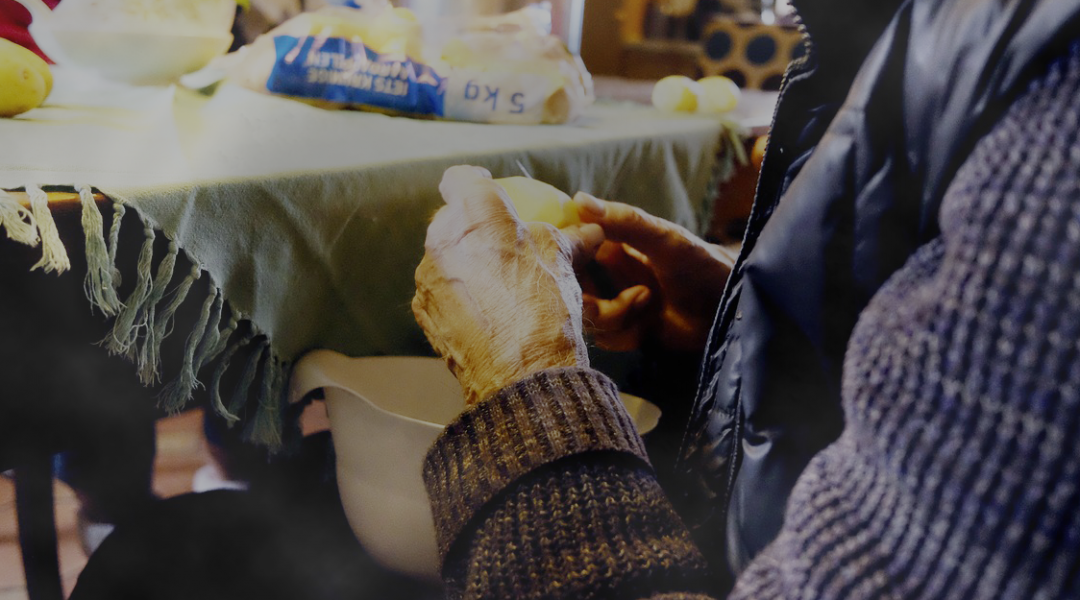
Eric Bourg discusses whether calorie restriction in primates increases lifespan.

In their review published in BioEssays, Arnaud Gautier and Alison Tebo discuss new labeling protocols, actuation methods and biosensors based on fluorogenic protein systems.

In her article published in BioEssays, Nora Engel discusses how sex differences become established in early embryogenesis and how analyzing the underlying mechanisms can lead to a better understanding of sex differences in health and disease.
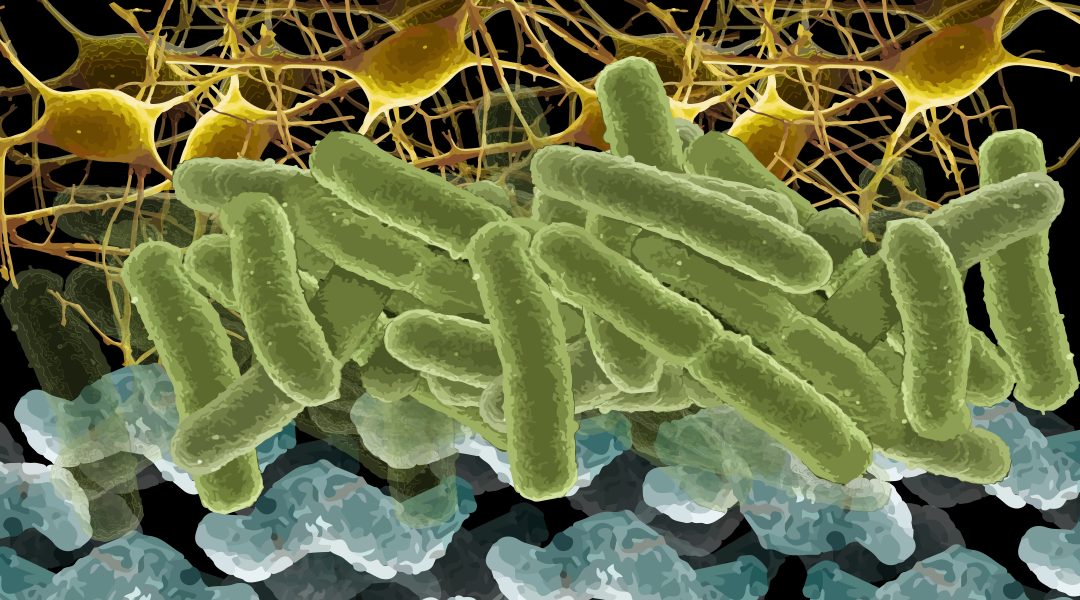
Alexander Klimovich and Thomas Bosch discuss current knowledge on the function of the nervous system in Hydra and the interactions between neurons and microbes.
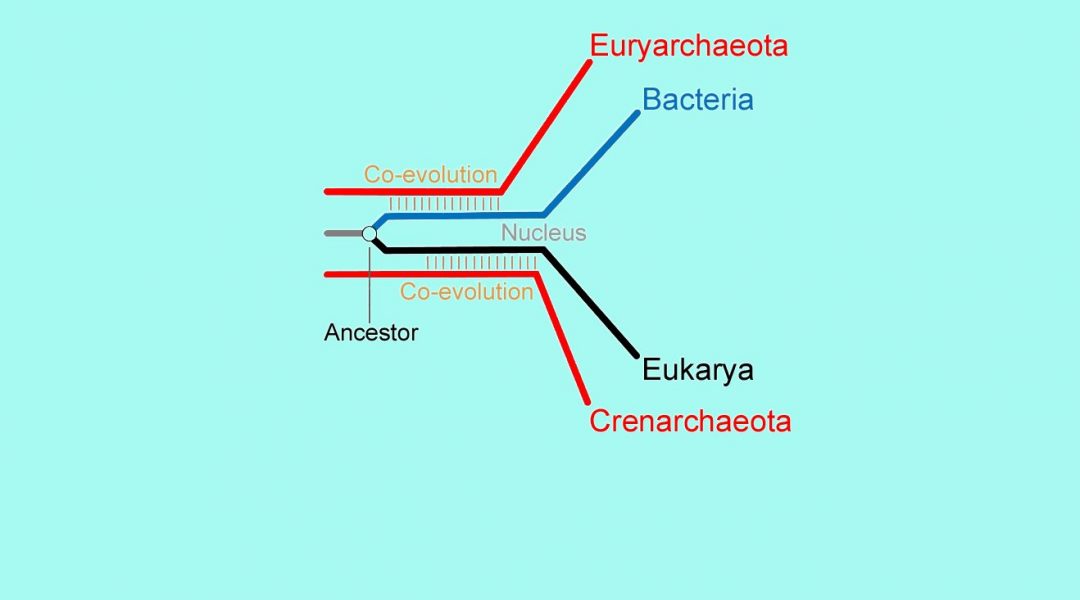
In their article published in BioEssays, James Staley and Gustavo Caetano-Anollés provide a novel perspective on the evolutionary origin of the three domains of life (Archaea, Bacteria and Eukarya).

In their review published in BioEssays, Russell Fletcher, Diya Das and John Ngai discuss how the integration of lineage tracing with data obtained from single-cell RNA-sequencing can provide insights into how stem cells differentiate.
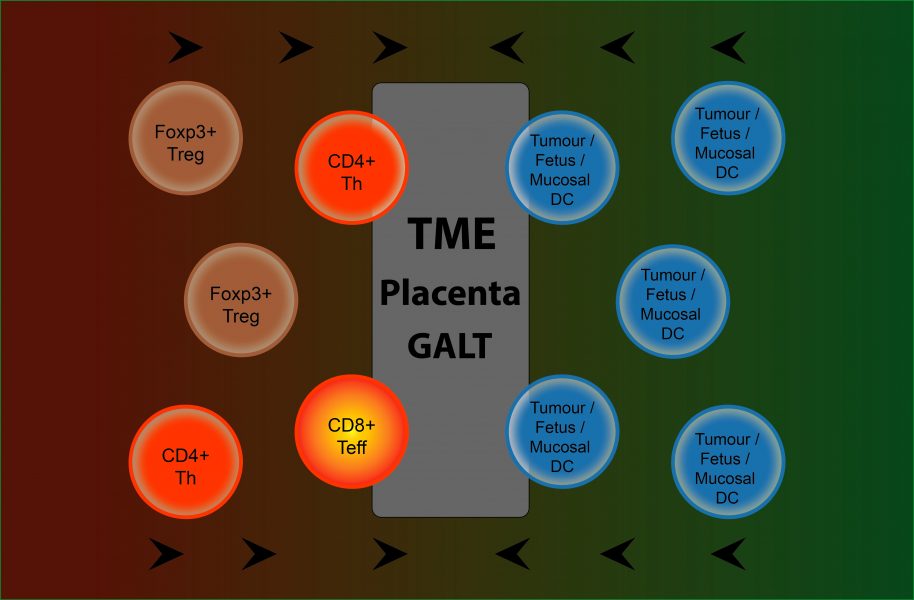
In their ‘Think again’ article published in BioEssays, Megan Barnet and colleagues discuss how insights from fetal allografts and microbes can lead to a better understanding of immune tolerance in cancer.